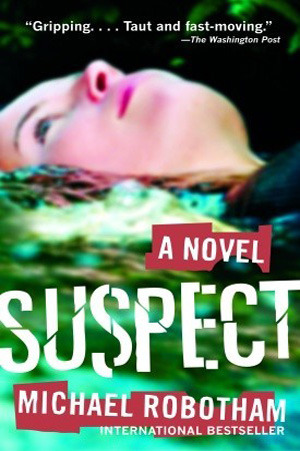My house on the hill, with the yellow door and the blue mailbox.
My black-and-white cat, Mr. Buble (no relation).
My red trenchcoat (too distinctive for my purposes).
My brother, Edgar, who will someday wake up from his coma to the news that I am in the wind.
My reading nook.
My comfortable chair.
My teacup collection.
My real name.
So you will not be surprised to know that I sometimes enjoy taking a break from the hard things. Some days, it's nice to read a book that is not about the horrible dark places we go. Some days, I just want to read a book in which good things happen to nice people; in which pretty girls wear pretty dresses. And also in which some people are wolves.
It's not too much to ask, is it, reader?
Silver in the Blood by the winsome Jessica Day George...
... delivers a delightful rest. Jessica Day George crafts a world of lace and corsets and ribbons and beaux and shapeshifters. Silver in the Blood is a feathery fantasy novel, filled with lovely, diverting descriptions of clothes and hair and fripperies. Our two main characters, Dacia and Lou, are sweet, strong women who sit beautifully within the filigreed society world built buy Ms. George. They are the platonic ideal of society girls, deeply concerned with decorum and appearances (but still quite clever). Both fall slightly out of their assigned social roles: Dacia is a little rebellious, while Lou is a little shy. That said, neither girl really looms as an anachronistic postmodern-feminist-in-Late-Victorian-clothing.
The plot is delightful: these two Late-Victorian society girls discover that they are part of a family of shapeshifters. What follows can easily be described as a "romp through 1890's-Romanian-werewolf society." There are stuffy aunts, and domineering grandmothers, and darkly brooding beaux, and blonde, well-meaning beaux. It is just-plain-fun. The secondary characters in the book are slightly underdeveloped, and I care not one bit. I did not find myself needing to know any of the details of Aunt Kate's mysterious love interest - it was more than enough for me to know that Lou and Dacia were scandalized by him, and then, we moved on. I did not care about the romantic interests - what I wanted to see was Lou and Dacia whispering to each other about those romantic interests. And I got what I wanted.
This touches on something that was intrinsic to my enjoyment of Silver in the Blood: the theme of Strong Female Characters Supporting Each Other. Lou and Dacia are cousins, and they are best friends, and that never changes. They trust each other, and confide in each other, and support each other, and their relationship is absolutely lovely. At the end of the book, loose romantic ends are tied up, and here is what delighted me, reader: the final scene of the book is not a steamy, romantic kiss with a man who has finally become a husband. Instead, it's the cousins, being excited for each other's happiness.
Now, for Spoilers.
You will be in no way surprised by any of this book, reader. I was so relieved to discover this: those who seem to be villains are villains, and those who seem to be heroes are heroes. Silver in the Blood is perfectly uncomplicated, as it should be. I would have been terribly disappointed had Jessica Day George attempted to shoehorn in a complex plot twist where none is needed; she did not let me down.
But, if you must have a spoiler, here's what I'll give you: Lou finds her strength. She is something that nobody thought she could be - the Smoke, a long-lost type of shapeshifter - and she goes from being a shy, wilted girl to being a strong, confident young woman. She doesn't surpass the brassier Dacia, but instead continues to complement her as they work towards an understanding of what it means to be shapeshiftresses in Late-Victorian Europe.
My hat goes off to Jessica Day George for Silver In the Blood. It was exactly what I hoped it would be - an airy-but-not-frivolous adventure for two young women in Parisian gowns.
But, if you must have a spoiler, here's what I'll give you: Lou finds her strength. She is something that nobody thought she could be - the Smoke, a long-lost type of shapeshifter - and she goes from being a shy, wilted girl to being a strong, confident young woman. She doesn't surpass the brassier Dacia, but instead continues to complement her as they work towards an understanding of what it means to be shapeshiftresses in Late-Victorian Europe.
My hat goes off to Jessica Day George for Silver In the Blood. It was exactly what I hoped it would be - an airy-but-not-frivolous adventure for two young women in Parisian gowns.
Rating: Satisfactory.
Possible ratings: Magnificent, Divine, Satisfactory, Tiresome, Lamentable, Execrable. This is a blog about words, what rating system did you expect?
